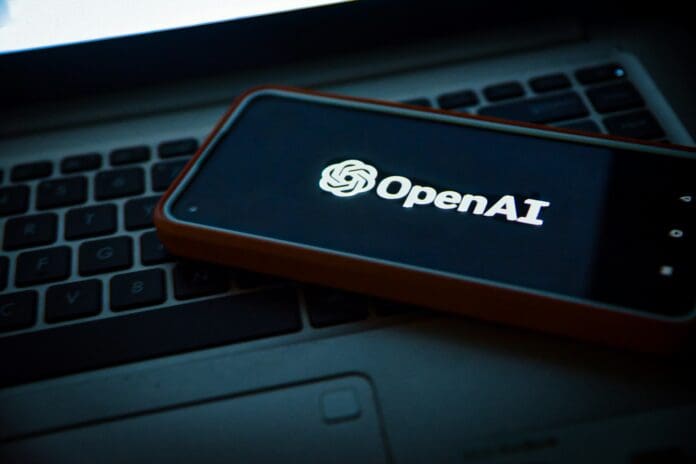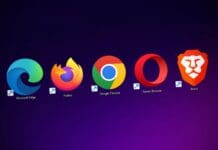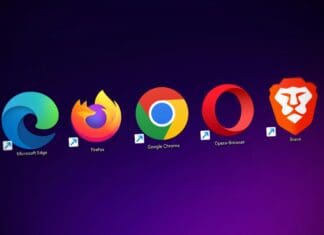This post is also available in:
 עברית (Hebrew)
עברית (Hebrew)
OpenAI has entered the web browser market with the launch of Atlas, a new browser designed to integrate artificial intelligence more deeply into the browsing experience. The release positions OpenAI as a direct competitor to Google Chrome, the dominant player with nearly 3 billion users worldwide.
Atlas debuted on Apple laptops and is expected to roll out soon on Windows PCs, iOS, and Android devices. At its core, Atlas aims to shift the traditional browser interface by replacing the standard URL bar with a chatbot-driven search experience. This design reflects OpenAI’s vision of reshaping how users interact with the internet, moving away from conventional tabbed browsing towards a more conversational model.
A standout feature of Atlas is its “agent mode,” which allows the browser to autonomously navigate websites on behalf of the user. By leveraging the user’s browsing history and current search goals, the agent mode can explore the web and provide real-time explanations of its search process. OpenAI describes this as “using the internet for you”, effectively automating information gathering with AI assistance.
This move comes as AI tools increasingly influence online searches. According to a recent survey, most Americans, especially younger users, turn to AI at least occasionally to find information. Google has also integrated AI features into Chrome through its Gemini technology, intensifying competition in the space.
According to TechXplore, despite the innovation, challenges remain for Atlas. Analysts highlight the difficulty of entering a market dominated by Chrome, which became popular by delivering faster performance and improved functionality compared to older browsers (such as Internet Explorer). OpenAI’s entry echoes past attempts to bring a new browser into the market, and as such faces the uphill task of winning user trust and market share.
The rise of AI-powered browsers also raises broader questions about personalization, privacy, and information accuracy. Critics warn that automated browsing could reduce user agency and introduce biases influenced by ad-driven algorithms. Additionally, concerns over AI-generated misinformation continue to affect both tech developers and content creators.
OpenAI’s Atlas browser is a significant step toward blending AI with everyday internet use, but its long-term impact on how people browse and consume information remains to be seen.


























